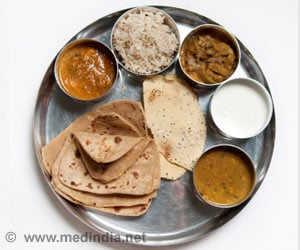Sudden leg weakness? Numbness? Difficulty walking? Don’t ignore these! Guillain-Barré Syndrome can start small but worsen quickly.

Guillain-Barre Syndrome
Go to source).
‘Contaminated food or water can cause infections like Campylobacter infection, which can trigger Guillain-Barré Syndrome weeks later. Clean, cook, and boil—don’t take risks! #foodsafety #infection #medindia’





GBS is a neurological disorder in which the immune system attacks the peripheral nerves, leading to symptoms such as
- Weakness in the limbs
- Tingling
- Numbness
- Difficulty walking, swallowing or breathing in severe cases
Campylobacter Infection Linked to Guillain-Barré Syndrome
Health experts suspect a link between the outbreak of GBS and Campylobacter jejuni infection, which is commonly transmitted through contaminated food or water.The diagnosis of Campylobacter infection was confirmed in several patients. Symptoms of Campylobacter infection include diarrhea, abdominal pain, fever, nausea, and vomiting, which may occur before GBS symptoms emerge.
In some cases, the immune system’s response to the Campylobacter bacteria mistakenly targets the nerves, leading to GBS within one to three weeks after the infection. Other infections, including viruses like dengue and chikungunya, are also known to trigger abnormal immune reactions that can result in GBS.
Precautionary Measures to Prevent Guillain-Barré Syndrome
The Neurological Society of Pune has issued the following advice to help prevent the spread of the disease:- Boil water before drinking or use bottled water if unsure of its safety.
- Wash fruits and vegetables thoroughly before consumption.
- Cook poultry and meat properly, ensuring the internal temperature reaches at least 75°C.
- Avoid consuming raw or undercooked food, especially eggs and seafood.
- Wash hands with soap and water before eating and after using the toilet.
- Do not share utensils or food during the outbreak.
- Keep raw and cooked foods separate and disinfect kitchen surfaces and utensils after handling raw meat.
Advertisement
Reference:
- Guillain-Barré Syndrome - (https://www.cdc.gov/campylobacter/signs-symptoms/guillain-barre-syndrome.html)
Advertisement








